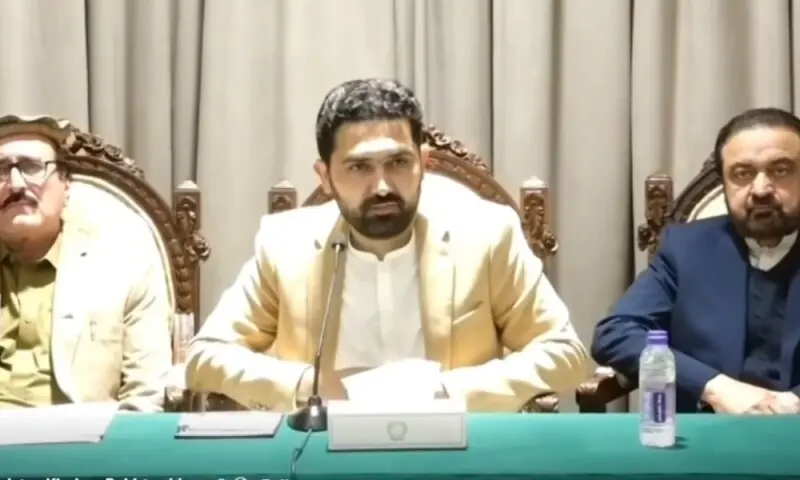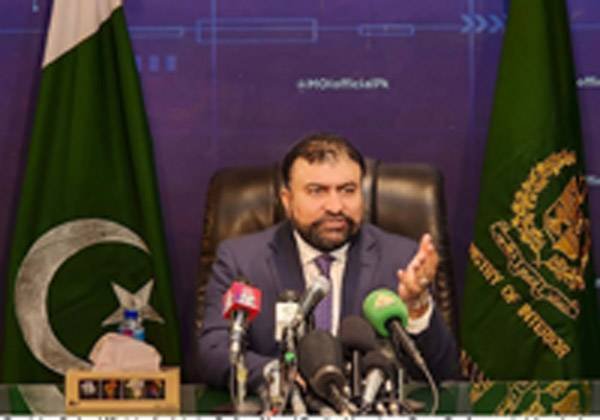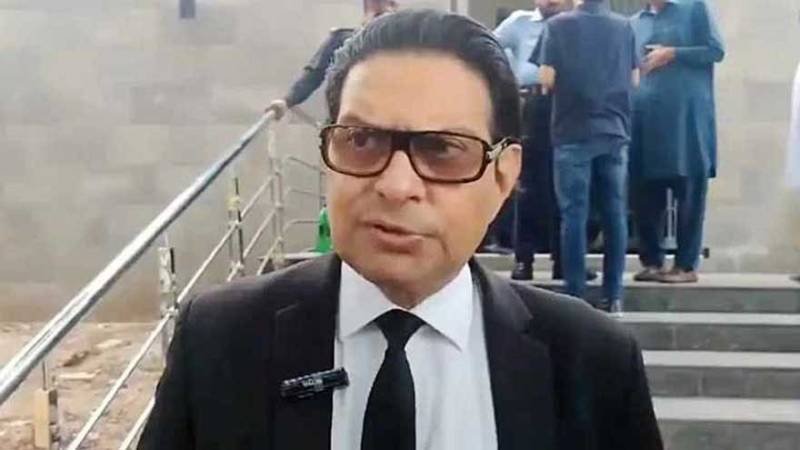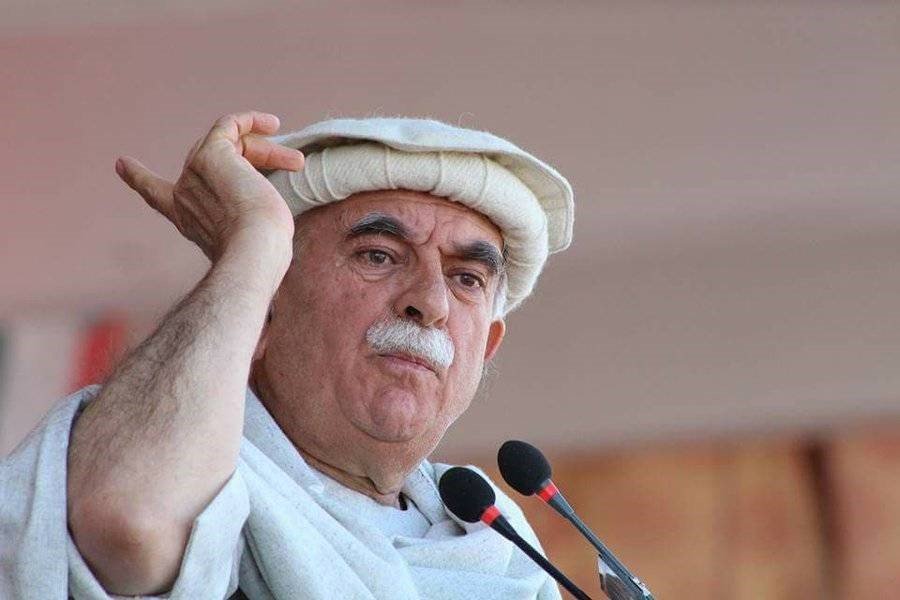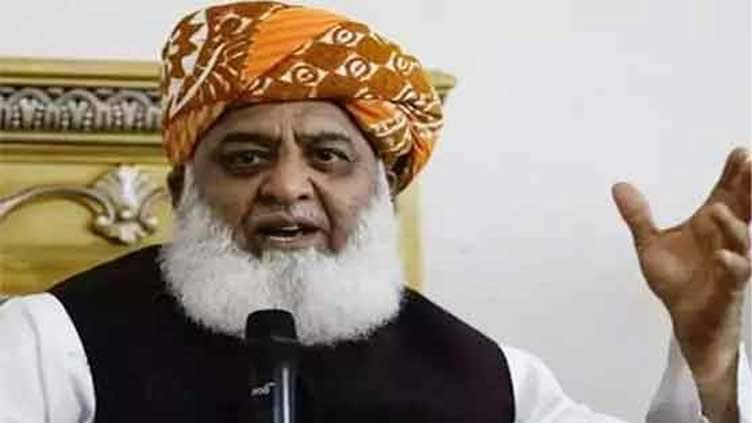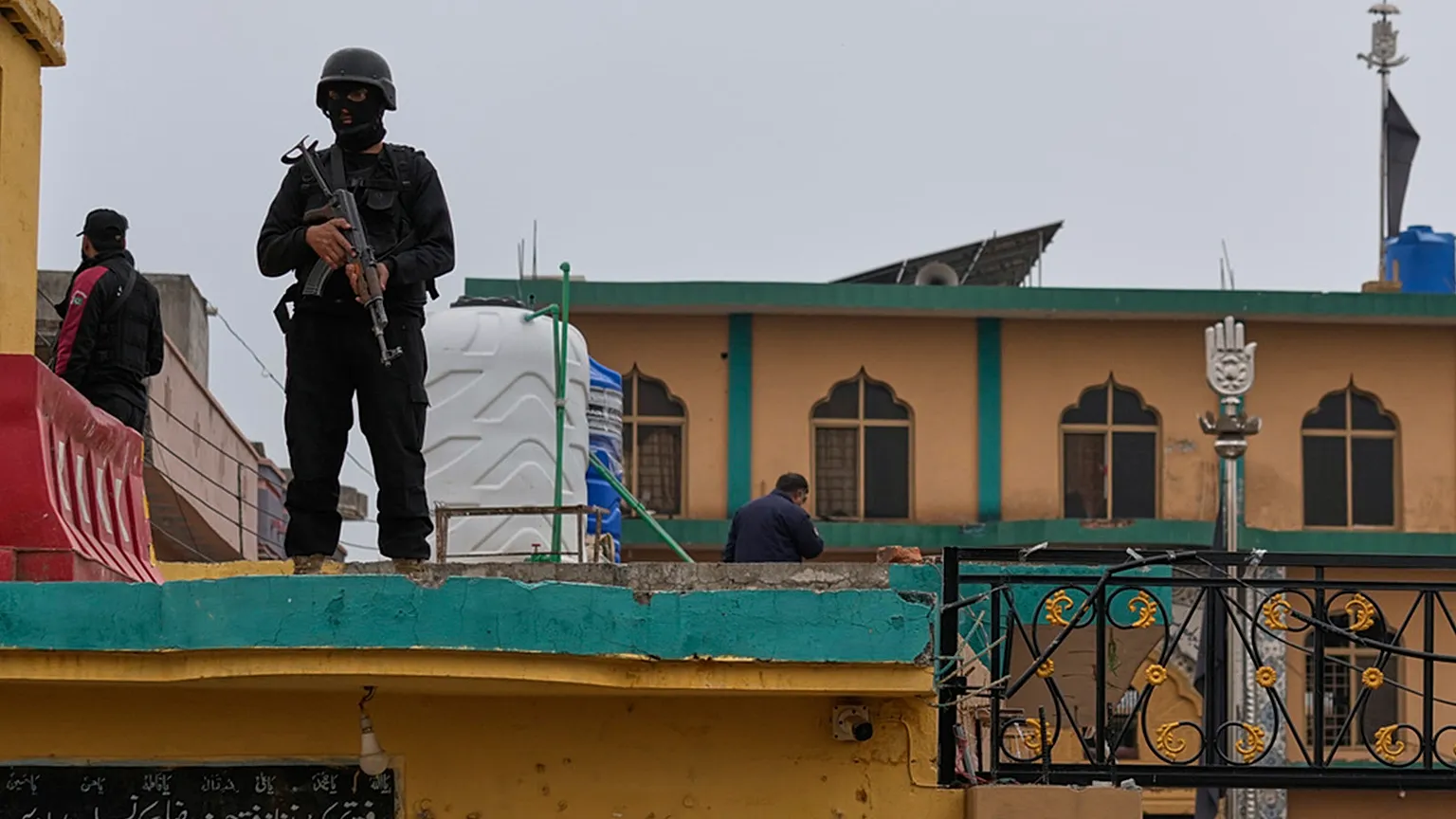Rizwan Khan
The Deputy Prime Minister and Foreign Minister, Ishaq Dar, expressed frustration over the delays in the International Monetary Fund’s (IMF’s) disbursements under agreed loans, referring to them as “sabotage”. He criticized the lengthy review processes during his time in the previous government, suggesting that the IMF may have wanted Pakistan to default. Dar emphasized the potential catastrophic impact of these delays on a country’s economic stability and growth, particularly highlighting the severe consequences of an eight-month delay in disbursement.
Furthermore, Dar compared the growth trajectory during the administration of Nawaz Sharif, asserting that Pakistan was recognized as the 24th largest economy in the world at that time. Since his return from London, Nawaz Sharif has echoed Dar’s concerns about the country’s economic decline from being the 24th largest economy to a lower position. Both Dar and Sharif attributed this decline to the policies of the Khan administration, raising questions about the validity of this claim.
The 24th position in 2017 was based on purchasing power parity (PPP), while in terms of nominal Gross Domestic Product (GDP) comparison, Pakistan ranked 46th that year. PPP aims to equalize the purchasing power of different currencies by accounting for price differences between countries.
Pl, subscribe to the YouTube channel of republicpolicy.com
It is important to note that Ishaq Dar was involved in artificially maintaining the rupee-dollar exchange rate, leading to a significant current account deficit of 20 billion dollars in 2018. This deficit was a result of the exchange rate correction, which began during the PML-N government and continued during the Khan administration, with a brief interruption during Dar’s fourth tenure as Finance Minister.
Data from the World Bank indicates that in 2023, Pakistan maintained its 24th position in terms of PPP without interference in the exchange market, a preferable outcome compared to 2017. However, the nominal GDP fluctuated over the years, influenced by various factors including the pandemic.
Dar and Nawaz frequently highlighted the prices of essential items in 2017 and compared them to current prices. However, such comparisons may not accurately reflect economic realities, as price fluctuations are a natural occurrence. Additionally, the Consumer Price Index (CPI) rose significantly during the PML-N administration, partly due to rising indirect taxation and utility prices, which disproportionately affect the poor.
Dar emphasized Pakistan’s successful completion of the IMF program from 2013 to 2016. However, he acknowledged flaws in the IMF design, particularly in tax reforms, increasing current expenditure, and burdening the public with poorly performing sectors’ reform implications.
The absence of uploaded documents related to the staff level agreement for the Extended Fund Facility program raises concerns about the government’s adherence to a flawed IMF program design. This decision could impact bilateral assistance and foreign debt payments, potentially leading to default.
In conclusion, there are concerns about the current economic management team’s alignment with the flawed IMF program design. A proactive approach is urgently needed to address these concerns and explore alternative solutions, such as reducing current expenditure to alleviate the revenue target burden and reforming the tax structure.



